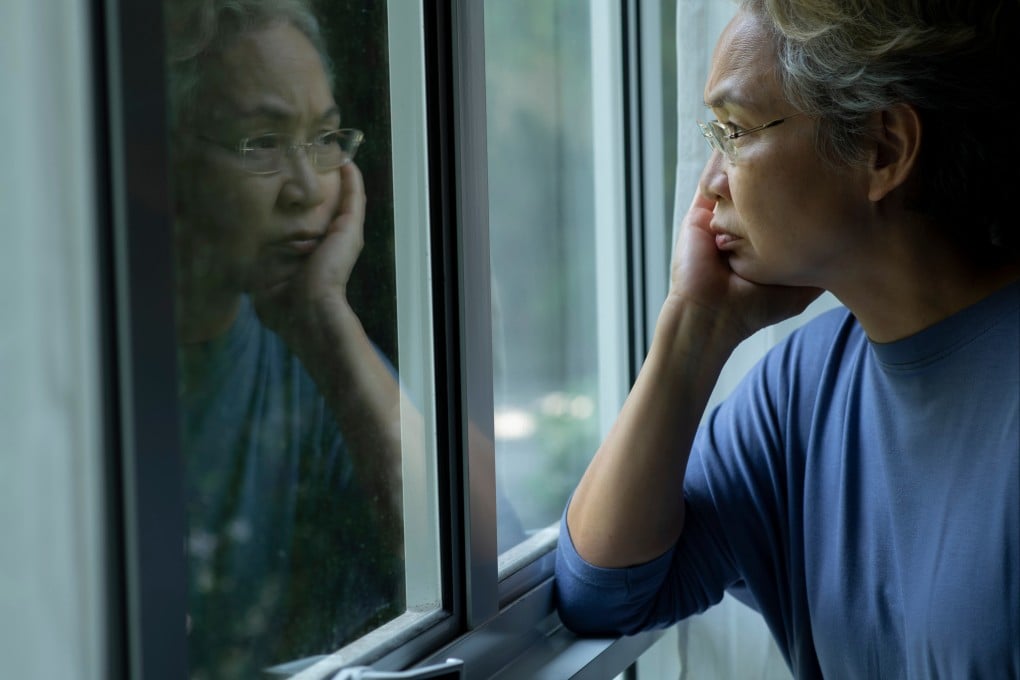How loneliness speeds ageing and raises dementia risk, and tips to prevent it
Studies show that higher levels of loneliness and social isolation – especially in older adults – are linked to greater dementia risk

My mother often spoke of feeling lonely. Her depression, which began in her late 30s, would have been isolating. It kept her from working full time, so she missed out on the company and camaraderie often brought by a job.
My father died in a traffic accident when my mother was in her early 40s. She never remarried or had another partner.
When she was widowed, my siblings and I were all off at school or college, so she had little company at home.
Older adults sometimes live alone. They may have smaller – or no – social circles, have stopped working and have mobility issues, so they do not get out much. In short, they have limited opportunity to socialise, which is vital for our brains.